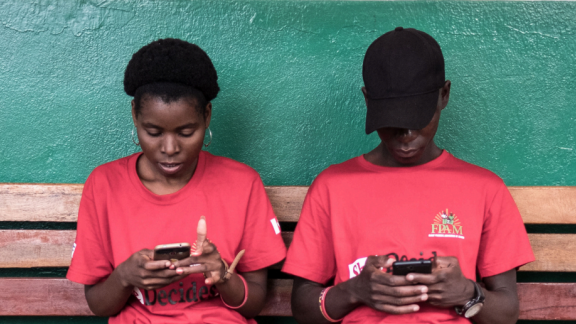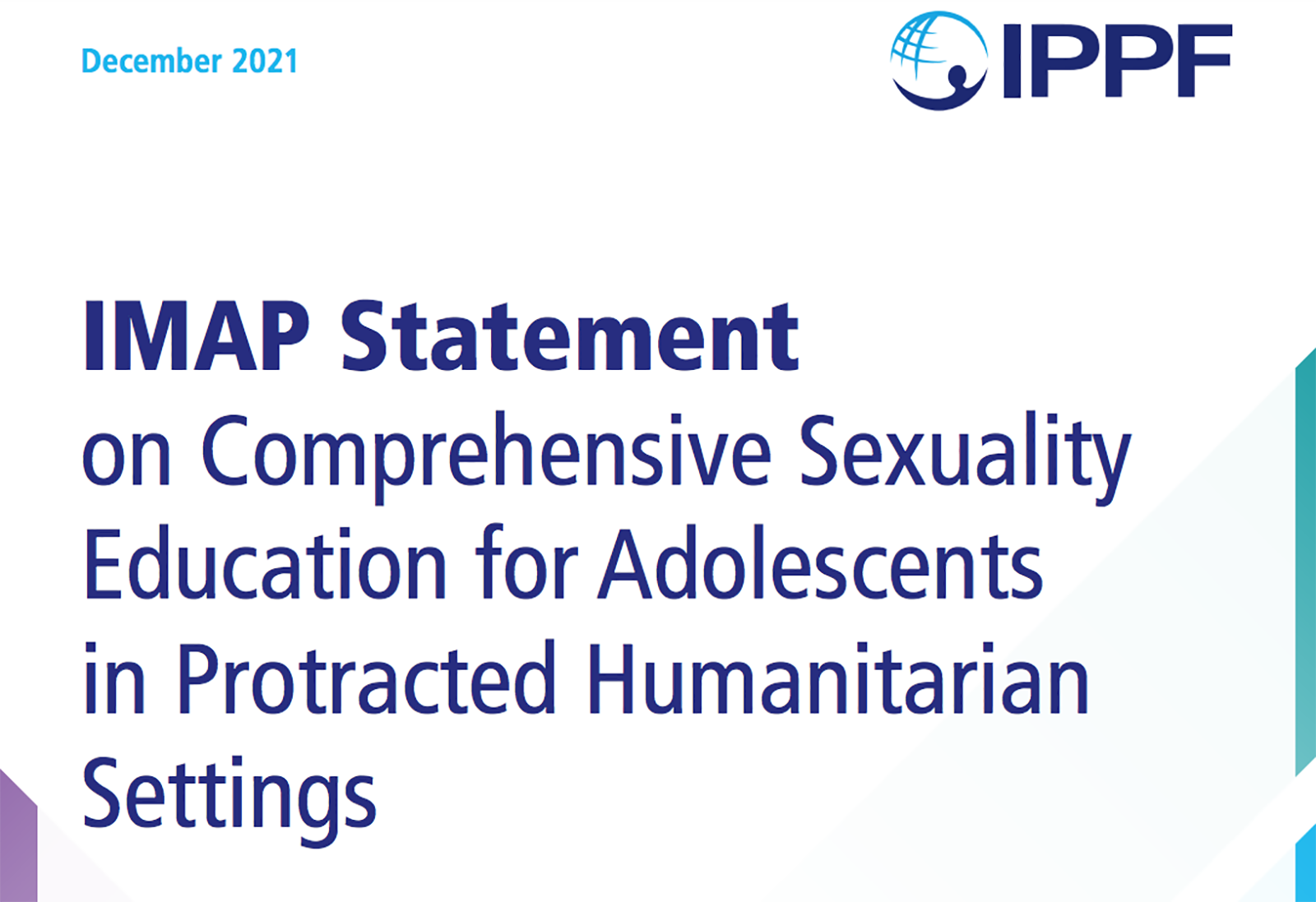Commonly dubbed “the digital generation”, young people are driving innovative digital solutions to lead critical conversations related to sexual and reproductive health, rights, and justice (SRHRJ). These solutions do not come easy, as many young people still feel the brunt of the gender digital divide which further marginalises women, girls, and gender expansive people. Young people also face challenges in navigating social media platforms whose content moderation policies increase censorship on content related to SRHRJ, particularly comprehensive sexuality education (CSE).
Navigating this, young content creators have created new slangs and euphemisms that help convey their messages without experiencing the impact of censorship. They also use a range of platforms to build and sustain communities of practice that enable knowledge sharing, solidarity, and best practices for delivering CSE and promoting youth-friendly sexual and reproductive health (SRH) services in hostile contexts.
Youth Day 2024 honours the resilience of young people who are creating digital pathways for sustainable development. The United Nations Department for Economic and Social Affairs (UN DESA) has partnered with several UN agencies to highlight the role of young people in driving change. Actions like these are critical to affirming the power of young people who are collectively working to overcome the barriers they face daily, to increase access to information for all.
It is no secret that young people, across various cultural and social contexts, are demanding comprehensive sexuality education and SRH services. Research has also shown that CSE is important for developing young people particularly in creating positive identities and sense of self and wellness, increased knowledge of their rights, and decision making. Globally, CSE is not delivered in its entirety as some topics are seen as taboo.
To challenge this, youth-led organisations, inclusive of regional youth networks of the International Planned Parenthood Federation, are producing innovative digital solutions to meet their needs. From social media advocacy campaigns to virtual out-of-school CSE delivery, they are filling the gaps to improve the quality of learning for youth and ensuring that no one is left behind. "Delivering CSE in digital spaces is beneficial as it helps to foster transnational solidarity while also demonstrating the similarities in contexts and realities. More importantly, it can create a safer space to ask questions without the fear of being judged. These solutions are becoming increasingly important as across several contexts, the classroom is an unsafe space for learners, particularly of those who have been historically marginalised; LGBTQIA+ learners, learners with disabilities, and racialised people. While there are several concerns of the replacement of digital tools for real life educators, there is significant opportunity to use these tools to ensure a holistic and safe experience for learners, adequately meeting their needs and countering the spread of misinformation and disinformation."- Ashlee Burnett, Global Lead, CSE
This learning brief provides an overview of the work led by youth and for youth to engage in digital advocacy and delivery of CSE in their contexts. It shows strategies for using digital solutions as a supportive tool for diverse types of CSE delivery, displaying the power of innovative digital solutions in further advancing CSE. It offers a list of five recommendations of best practices to ensure successful efforts and five case studies across four regions.
when
Subject
Comprehensive Sex Education









